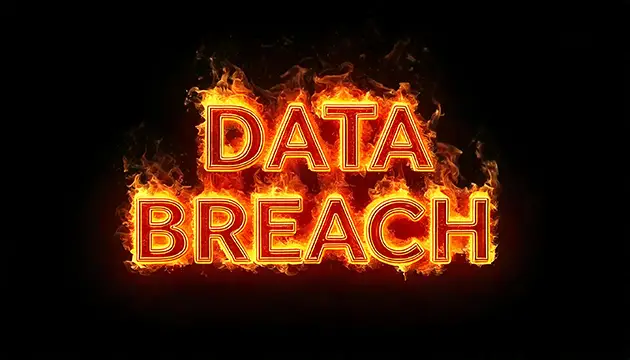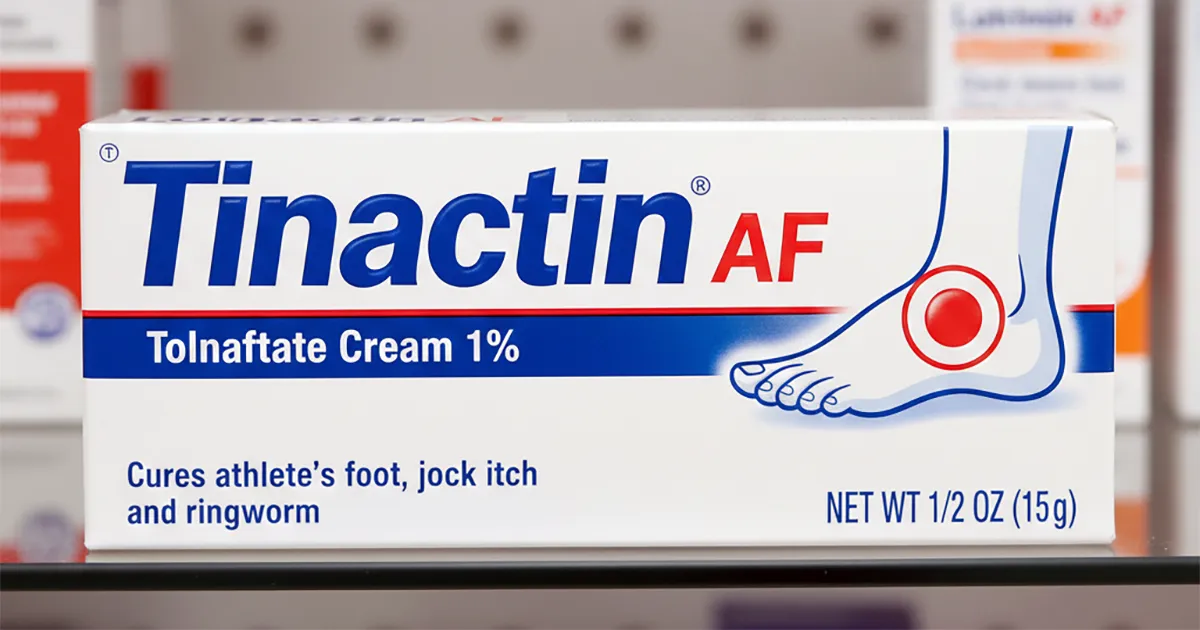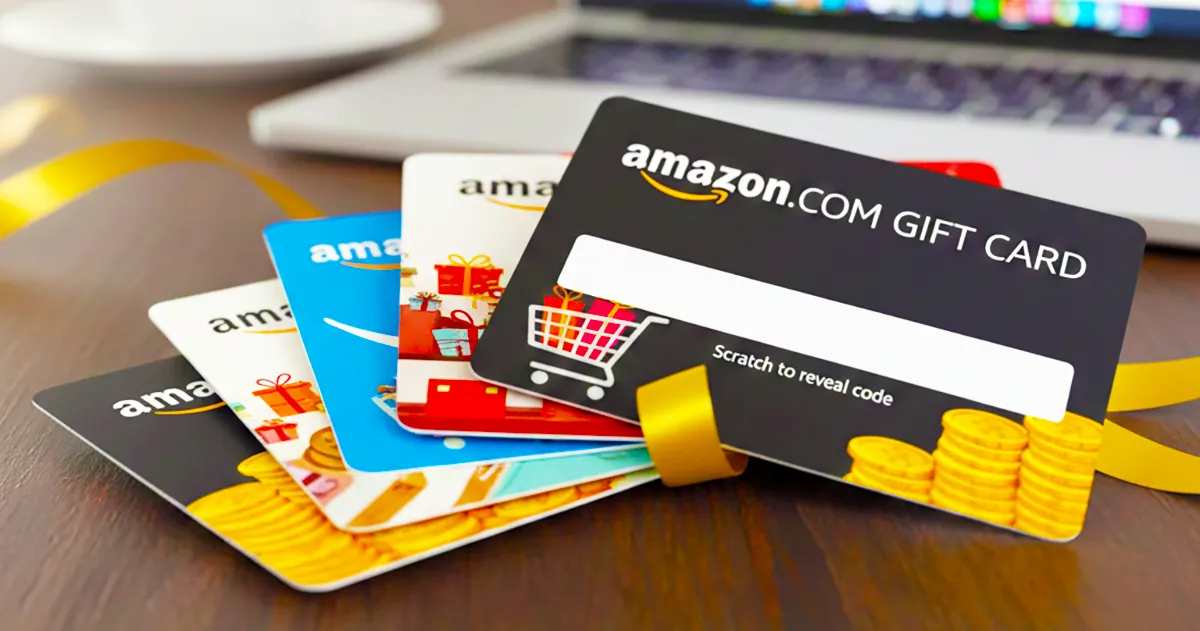Did You Receive a Data Breach Notice? Join These Class Actions
By Steve Levine

Updated: December 25, 2025
Claim Form Deadline: Ongoing
Estimated Payout: Varies
Proof required: Yes
Did You Receive a Data Breach Notice in 2026?
If you are in the United States and you recently received a data breach notice you might be owed potential compensation. Tens of Millions of Americans have been affected by data breaches this year alone. Below is a partial list of some of the most recent data breach investigations as of February 2026. If you received a data breach letter from any of these companies, you may be owed potential compensation:Summit National Bank Data Breach Class Action Settlement
Knight Barry Title Data Breach Class Action Settlement
$1.5M Northeast Rehab Hospital Data Breach Settlement
U.S. Dermatology Partners Data Breach Class Action Settlement
$30M 23andMe Data Breach Class Action Settlement
First Commonwealth Federal Credit Union Data Breach Settlement
Word & Brown Insurance Data Breach Settlement
Simpson Strong-Tie Employee Data Breach Settlement
Carolina Arthritis Associates Data Breach Settlement
Lemonaid Health User Tracking Telehealth $3.25M Class Action Settlement
LifeBridge Health Data Breach Settlement
Idaho National Laboratory Data Breach Settlement
Axip Energy Services Data Breach Class Action Settlement
$1.88M Duly Health Privacy Tracking Class Action Settlement
Nelnet Data Security Settlement $10M Class Action
$19.3M NextGen Healthcare Data Breach Settlement
Panda Express $2.45M Data Breach Class Action Settlement
I Received a Data Breach Notice
Millions of Americans have been receiving data breach notices in their mail or their email inbox like the one below. If so, you may be entitled to significant compensation as part of data breach class action settlements.
The following personally identifiable or protected healthcare information may have been exposed in these data breaches:
• Names,
• Social Security Numbers,
• Dates of Birth,
• Health Insurance Information,
• Medical Information,
• Diagnosis Information,
• Health Insurance Group and Policy Numbers,
• Subscriber Numbers,
• Prescription Information.
Data breaches are serious matters that can cause long term damage. Hackers break into networks so that they can steal your personal information to sell it on the dark web, commit identity theft, financial theft or other types of fraud.
Data Breach Trends and Patterns in 2025
The global average cost of a data breach in 2025 reached $4.88 million, a 10% increase from the previous year and the highest total ever recorded.There were 2,741 publicly disclosed data breach incidents in the first half of 2025, affecting over 6.8 billion records. Ransomware and extortion techniques were involved in about one-third of all breaches, representing 32% of incidents studied. The global annual cost of cybercrime is predicted to reach $9.5 trillion in 2025.
Many of these data breaches have resulted in massive data breach open class action lawsuits and settlements that compensate consumers who have been damaged by cybersecurity incidents.
Major Data Breaches in June 2025
Some of the largest data breaches reported in 2025 include:• AT&T: 73 million records breached, affecting current and former customers.
• Ticketmaster: 560 million customer records exposed, including payment information and personal details.
• Tile Phone Finder(Life360): 450,000 records breached, including personal information and location data.
• Dell Technologies: Data breach incident potentially affecting up to 49 million Dell customers.
Key Findings About Data Breaches A recent Verizon Data Breach investigations report revealed the following findings:
• 74% of breaches involved the exploitation of vulnerabilities as an initial access step, almost triple the amount from the previous year.
• 39% of breaches involved a third party or supplier.
• 66% of financially motivated incidents involved ransomware or extortion.
• 74% of breaches involved a non-malicious human element, such as falling victim to social engineering or making errors.
People Most Affected By Data Breaches
The most frequently breached sectors in the USA for 2025 included:• Healthcare
• Education
• Finance
• Government
• Technology
• Cybersecurity Trends
Ransomware remains a significant threat, with damages expected to reach $265 billion annually by 2031. Supply chain attacks and third-party breaches continue to be a growing concern, adding to inflation worries since the post-Covid era in the United States. There has also been an increasing focus on protecting against vulnerabilities and addressing the human element in cybersecurity, and how consumers can redress and mitigate identity theft and financial damage due to the massive prevalnce and acceleration of data breach incidents. Read below to learn how you can be owed cash and what to do to avoid data breaches resulting in damage to your financial and well-being.
What Should I Do If My Data Was Breached?
If you believe you have been the victim of a data breach, and have received a notice there are several steps you should take to protect yourself and mitigate the potential damage. These apply more broadly to a wider plethora of data breach cases:-
Stay Calm: Discovering a data breach can be alarming, but it's important to remain calm
and take immediate action to protect your information.
Confirm the Breach: Verify that the data breach has actually occurred and that your personal information has been compromised. Look for official announcements from the affected organization or reputable sources reporting the breach.
Change Your Passwords: Start by changing the passwords for the affected account(s) immediately. Choose strong, unique passwords that are not easily guessable. It's best to use a password manager to securely store and generate passwords.
Consider Using VPNs VPNs are crucial for preventing identity theft and protecting personal information in the aftermath of a data breach. By encrypting your internet connection, VPNs secure your data from interception. They hide your IP address, safeguarding your location and device details from potential threats. VPNs also ensure the security of public Wi-Fi networks, making them safer for use. Additionally, these tools bypass geographical restrictions, enhancing online freedom while preventing ISP throttling and tracking.
VPNs provide a comprehensive defense against cyber threats, offering encryption, IP address concealment, and secure access to public Wi-Fi to mitigate the risks of identity theft and data breaches. This VPN does not log user activity, meaning they do not track or store information about your browsing habits.
Enable Two-Factor Authentication (2FA): Activate two-factor authentication for all your online accounts whenever possible. This adds an extra layer of security by requiring a secondary verification method, such as a temporary code sent to your mobile device, in addition to your password.
Multi-Factor Authentication (MFA): MFA goes beyond the traditional Two-Factor Authentication, adding an extra layer of security to online accounts through factors like something you know (password) and something you have (e.g., a temporary code using a physical USB key).
Relying only on your phone for verification in Two-Factor Authentication (2FA) can pose risks if the device is lost or inaccessible, it's essential to diversify authentication methods. Consider having multiple authentication backup methods in case you get locked out of your device - email verification, backup codes you can save in an encrypted file or stored on paper in a safe place, or hardware tokens, providing a safety net.
Monitor Your Accounts: Regularly monitor your financial and online accounts for any suspicious activity. Keep an eye out for unauthorized transactions, unfamiliar logins, or changes to your personal information.
Notify Your Bank/Credit Card Companies: If your financial information has been compromised, contact your bank and credit card companies immediately. Report the breach and inquire about any additional security measures they can provide, such as monitoring your accounts for fraudulent activity.
Check Your Credit Reports: Request a free copy of your credit report from one of the major credit reporting agencies (Equifax, Experian, or TransUnion). Review the report for any unauthorized accounts or inquiries. Consider placing a fraud alert or credit freeze on your accounts for added protection.
Be Vigilant Against Phishing Attempts: Data breaches often lead to an increase in phishing attempts. Be cautious of suspicious emails, messages, or phone calls asking for personal information. Avoid clicking on suspicious links or downloading attachments from unknown sources.
Update Software and Use Antivirus Protection: Ensure that your computer, smartphone, and other devices are running the latest software updates. Install reputable antivirus and anti-malware software to protect against potential threats.
Stay Informed and Seek Assistance: Keep yourself updated on the progress of the data breach investigation. The affected organization may provide guidance or resources for affected individuals. If necessary, consider seeking legal advice or contacting relevant authorities for further assistance.
How Do I Qualify for Compensation?
If you received a data breach notice from any of these listed companies notifying you that your personal information was impacted in their data breach, use the relevant links below in order to qualify for significant compensation:Summit National Bank Data Breach Class Action Settlement
Knight Barry Title Data Breach Class Action Settlement
$1.5M Northeast Rehab Hospital Data Breach Settlement
U.S. Dermatology Partners Data Breach Class Action Settlement
$30M 23andMe Data Breach Class Action Settlement
First Commonwealth Federal Credit Union Data Breach Settlement
Word & Brown Insurance Data Breach Settlement
Simpson Strong-Tie Employee Data Breach Settlement
Carolina Arthritis Associates Data Breach Settlement
Lemonaid Health User Tracking Telehealth $3.25M Class Action Settlement
LifeBridge Health Data Breach Settlement
Idaho National Laboratory Data Breach Settlement
Axip Energy Services Data Breach Class Action Settlement
$1.88M Duly Health Privacy Tracking Class Action Settlement
Nelnet Data Security Settlement $10M Class Action
$19.3M NextGen Healthcare Data Breach Settlement
Panda Express $2.45M Data Breach Class Action Settlement
How Do I Find Class Action Settlements?
Find all the latest class actions you can qualify for by getting notified of new lawsuits as soon as they are open to claims:Attorney Advertising - This page may contain attorney advertising. The information on OpenClassActions.com is for general informational and advertising purposes. No attorney-client relationship between reader and any law firms is created by submitting forms linked from here. While we try to complete the forms accurately and timely, we cannot guarantee the accuracy or completeness of the information contained in the linked pages. The information provided on OpenClassActions.com is not legal advice, OpenClassActions.com is not a law firm and the information contained on OpenClassActions.com is not legal advice. OpenClassActions is a participant in the Amazon affiliate advertising program and this post may contain other affiliate links, which means we may earn a commission or fees if you make a purchase via those links.
Sources
• U.S. Department of Health and Human Services - List of Latest Data Breaches• Current List of Data Breach Notifications - Maine Attorney General
• Privacy Rights - Data Breach Database
• California Attorney General - Searchable Data Security Breaches
• Washington State Attorney General - Data Breach Notifications Directory
• IAPP - U.S. State Data Breach Lists
• HIPAA Journal - Healthcare Data Breach Statistics and Monthly Reports
• Wikipedia - List of Data Breaches - U.S. and Global
• Reddit - /r/CyberSecurity Data Breach Discussion Forum
For more open class actions keep scrolling below.

Children playing Roblox and using Discord?
Pre-Qualify Here
Submit Claim
Michael Kors Outlet Class Action Settlement
Deadline: March 6, 2026
Submit Claim
Belkin Power Bank Settlement
Deadline: March 30, 2026
Submit Claim
$4.85M Bayer Antifungal Spray Settlement
Deadline: March 11, 2026
Submit Claim
Balance of Nature $9.95M Class Action
Deadline: March 11, 2026
Submit Claim
Dollar General Bait & Switch Settlement
Deadline: April 13, 2026
Submit Claim
$87.5M Beef Prices Settlement
Deadline: June 30, 2026
Submit Claim
$4.17M RevitaLash Conditioner Settlement
Deadline: April 20, 2026
Submit Claim
Bayer Proposes $7.25 Billion RoundUp Cancer Settlement
Status: Open to Claims
Submit Claim
$25 Amazon Gift Card
Enter Here

Video Game Addiction Lawsuit
Deadline: Pending
Submit Claim
DraftKings & FanDuel Addiction Lawsuits
Status: Open
Submit Claim
$3M Zoa Energy Drink Class Action Settlement
Deadline: Feb 20, 2026
File Claim| Data Breach Class Actions - Summary | |
| Status | Active data breach class actions & investigations |
|---|---|
| Claim Form Deadline | Varies by case |
| Estimated Payout | Varies |
| Proof Required | Yes in most cases |
| Who Qualifies | U.S. residents who received a data breach notice indicating their personal or health information was impacted |
| What To Do | Confirm the notice, change passwords, enable 2FA or MFA, monitor accounts, consider a credit freeze, and submit a claim where eligible |
| Related Links |
AT&T Settlement
Cencora Settlement Casino Fandango Settlement Apria Investigation |